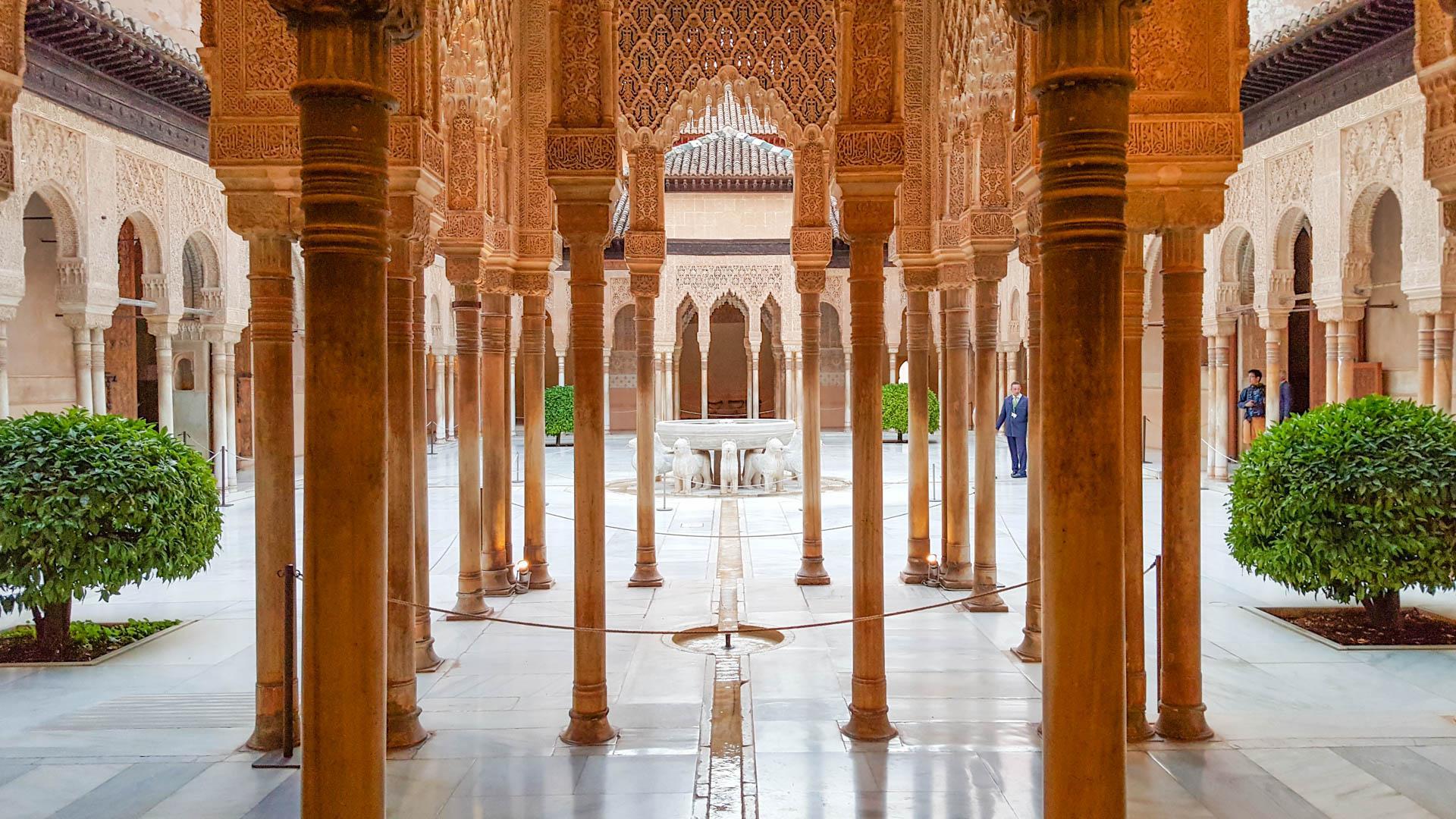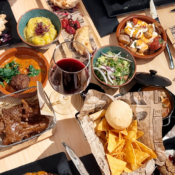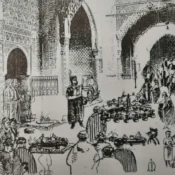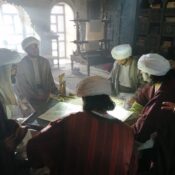Basic concepts
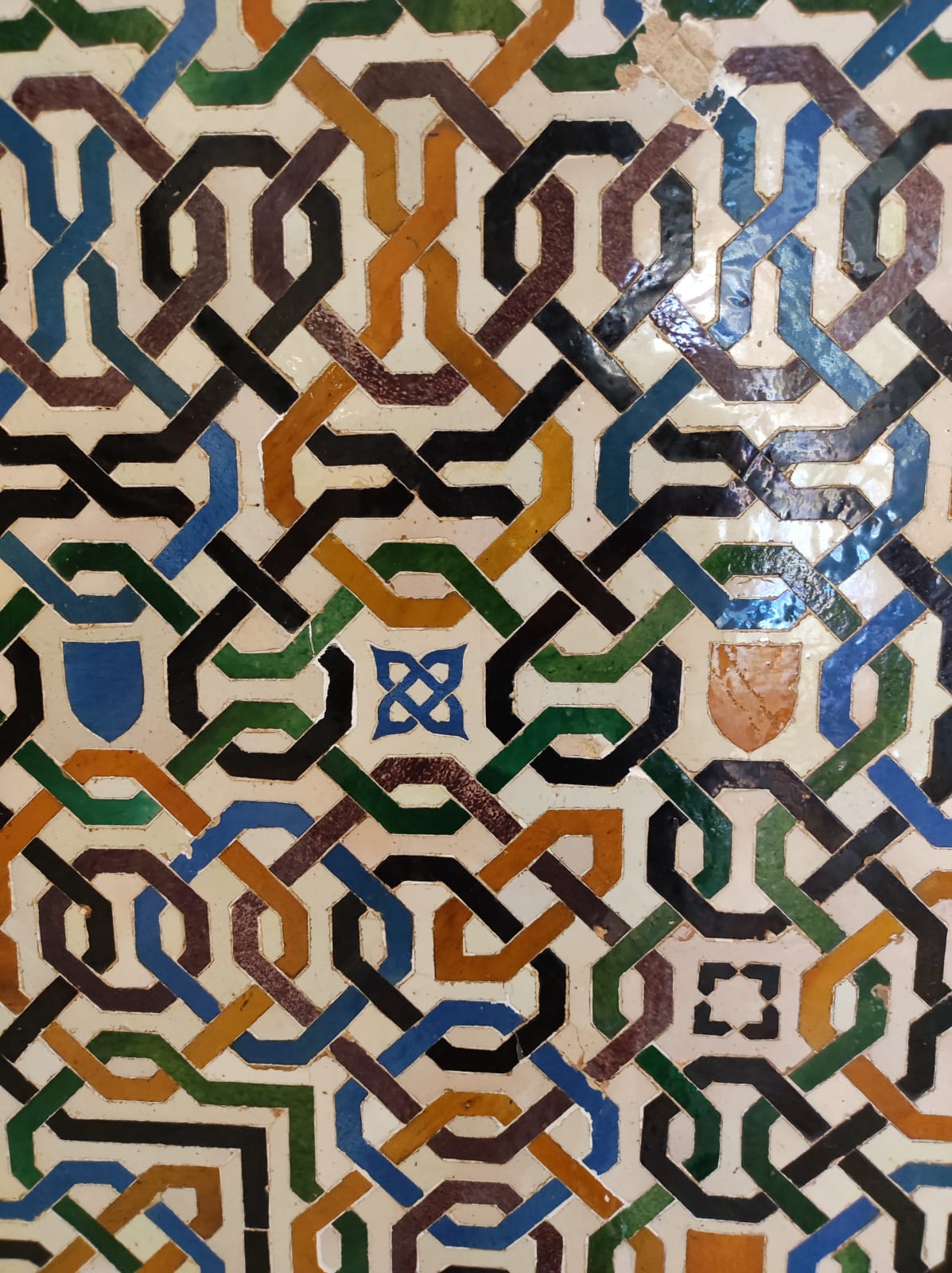
Basic concepts
When we talk about history, whether of Granada or any other place, it is important to know and handle some basic concepts that can be quite confusing.
So, today, we bring you a small glossary to serve as a guide during your visit.
- Arab: people of origin from the Arabian Peninsula and other surrounding Arabic-speaking territories. Some examples therefore would be Syria, Egypt, Saudi Arabia or Jordan.
- Muslim: who professes and believes in Islam. Therefore, a Muslim may or may not be an Arab.
- Andalusian: natural, belonging to or related to al-Andalus. Would it then be correct to refer to the Andalusians as Muslims? No, because although the majority religion was Islam, there was also a Christian and Jewish population. And call the Andalusians Arabs? Neither. In the invasion of 711, the Berber troops (not Arabs, but from North Africa) would first enter, followed by migratory waves of Arabs and these Berbers already mentioned. This leads to a mixture of blood between the previous population (the Goths) and the new inhabitants, forming the kingdom of al-Andalus.
- Muladí: fathered by a non-Arab mother. Christians who lived in the Gothic kingdom and with the conquest converted to Islam.
- Mozarabic: population like the previous one, but they were dimni (they pay a tax not to convert to Islam, they maintain the Catholic religion).
- Mudejar: Muslims in Christian territory who maintained their religion, but in the end had to convert to Christianity in 1499 and became called “moriscos”.
As for buildings and architecture…
- Alcazaba: military fortress.
- Alcázar: castle or palace.
- Almunia: farmhouse or countryside palace that was used for recreation and was surrounded by orchards, like the Generalife.
- Madina (or medina): literally, city.
- Madraza: school of higher education.
And as for royalty titles, it is also important to note the differences:
- Caliph: ruler who holds religious, civil and military power.
- Emir: ruler who holds civil and military power, but not religious power. It could be translated as prince.
- Sultan: he is also in possession of civil and military power, although he would be more equivalent to a prince; In any case, there is no clear difference between emir and sultan.
- Vizier: prime minister.
Are there any terms that don't appear here that you would like to know about? Leave us a comment and we will include it in a second article!
All categories
- Arquitectura islámica
- Arte y decoración en la Alhambra
- Visitors Tips
- Cultura andalusí
- Granadian Sayings
- Folklore
- Granadian Cuisine
- Granada
- Granadian Province
- Alhambra History
- Distinguished Granadians
- Useful information
- Granadian Literature
- Granadian Literature
- Magic, legends and mystery
- Granadian Miscellany
- Granadian Nostalgia
- Granadian Traditions
- Granadian Traditions
- Guided tours
Latest posts
